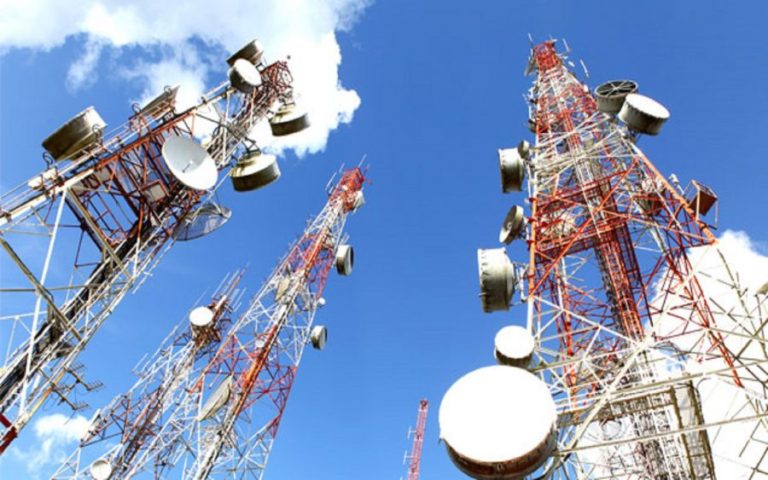Nigeria’s telecommunications sector recorded a steep decline in Foreign Direct Investments (FDIs) in 2023 as capital importation plunged by 239%.
This is according to the latest capital importation data from the National Bureau of Statistics (NBS).
The NBS data revealed that the telecom sector received a total of $134.75 million in 2023, a sharp decline compared with the $456.83 million recorded by the sector in 2022.
Each quarter of the year saw a decline in capital importation compared to the previous year. For instance, in Q1, 2023, foreign investment in the sector stood at $22.05 million compared with $57.79 million recorded in 2022. Data for Q4 2023 also shows telecoms received $22.84 million as capital importation, whereas, $168.27 million was recorded in the same period in 2022.
Nigeria’s broadband threatened
The decline in investment is coming amid an ongoing implementation of the Nigeria National Broadband Plan (NBP 2020-2025) with a target of 70% penetration by 2025, for which the country is relying on more foreign investments. According to industry experts, the Nigerian telecom industry would require, at least, $3.4 billion in investments in fibre infrastructure to meet this target.
- While there has been a general downtrend in FDI in the country’s economy since the outbreak of the coronavirus (COVID-19) pandemic in 2020, the telecoms sector has been recording a consistent decline in investments over the last 6 years.
- Industry stakeholders have attributed the declining investment to several factors including the challenge of multiple taxation and the instability in the country’s forex market.
- According to them, the exchange rate situation in Nigeria is of serious concern for foreign investors as they are not sure of what the situation will be by the time they want to repatriate their returns.
FG, World Bank collaboration
Apparently in response to the declining foreign investment in the telecom sector amid the need for more dollars to build broadband infrastructure, the Federal Government last week announced a partnership with the World Bank to raise the sum of $3 billion to fund additional 120,000km fibre optic cables to boost broadband infrastructure and connectivity in Nigeria.
The Minister of Communications, Innovations, and Digital Economy, Dr. Bosun Tijani, disclosed this in Abuja on Tuesday at a stakeholders’ engagement with the theme “Realising a Nigerian Vision of Broadband for All.”
Tijani, who expressed hope that the funds would be raised in the next two or three years, said the project involved stakeholders from the private sector and it would be delivered in the next three years.
According to him, it has become imperative to seek investments in the nation’s digital backbone to facilitate access at affordable prices to the digital space for all Nigerians.

